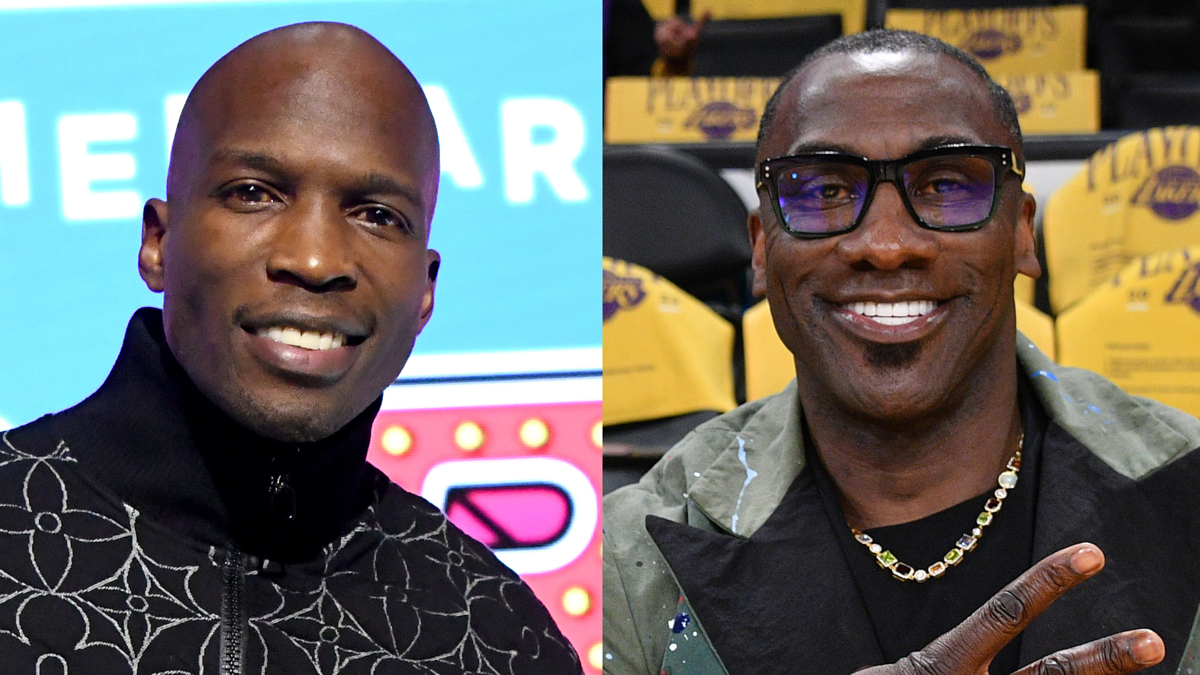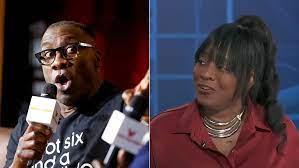Chicago Woman Sues Shannon Sharpe and Chad Johnson for $20M Over False Claims Made on Podcast
A Viral Moment Turns Into a Legal Battle
What started as a light-hearted, viral cherry-eating moment at an Usher concert has now escalated into a multi-million-dollar courtroom clash. Jimalita Tillman, a prominent figure in Chicago’s cultural community, has filed a $20 million defamation lawsuit against former NFL stars turned podcasters Shannon Sharpe and Chad “Ochocinco” Johnson. The lawsuit, now in federal court, alleges that the two public figures made false claims about her personal life, causing significant damage to her reputation.
The Origin of the Dispute
Tillman gained widespread attention earlier this year after her appearance at an Usher concert in London made the rounds online. In an April interview following the concert, she clarified that she was single at the time of the event. However, an episode of the Nightcap podcast, hosted by Sharpe and Johnson and recorded on April 12, allegedly painted a different picture.
According to the lawsuit, the podcast hosts claimed that Tillman was married and undergoing a divorce due to her behavior at the concert — a claim she firmly denies. She asserts that she was not, and has never been, married. The statements, she claims, falsely implicated her in the breakdown of a fictional relationship and framed her as a cause of marital turmoil, all without any basis in fact.
Legal Action and Fallout
The defamation suit was originally filed on April 24 in Cook County Circuit Court before being moved to federal court in Chicago. The complaint names Shannon Sharpe, Chad Johnson, their media company, and their podcast producer.
A screen capture revealed that the YouTube video of the episode in question has since been made private. Despite Tillman’s attempts to contact the podcast team and request a public correction or retraction, she reports that she received no response.
Tillman, who serves as the director of the Harold Washington Cultural Center and is also a homeschooling advocate, stated that the misinformation has had a tangible impact on both her personal and professional life. Her standing in the community, as well as her credibility in educational advocacy, has reportedly been harmed.
Calling for Accountability
Tillman is not just seeking damages — she’s also advocating for broader changes. In her public comments, she stressed the need for greater accountability among podcasters and online media creators who, she argues, too often blur the lines between entertainment and factual reporting.
“Just throwing the word ‘allegedly’ in does not get it done,” she stated. “Do the due diligence. That’s what you have producers for and researchers for. Don’t be so quick to chase the popular culture story. I think there needs to be changes at a federal level regulating these streamers, these podcasters, and all of these people that are calling themselves news media outlets, monetizing false information.”
Tillman also pointed out that many individuals who are misrepresented by such platforms may lack the resources or courage to defend themselves. For her, taking this legal route is about standing up against a broader trend of misinformation.
What Happens Next
Sharpe, Johnson, and their media company have until August 22 to formally respond to the lawsuit in court. As of now, there has been no public statement from the defendants regarding the matter.
With the case now moving forward in federal court, it could set a precedent regarding the responsibilities of content creators and podcasters in an age where viral commentary often outpaces fact-checking.
This lawsuit is not just about one woman’s fight for her reputation — it could be the beginning of a larger conversation around truth, media responsibility, and the legal consequences of misinformation.


COMMENTS (0)
Sign in to join the conversation
LOGIN TO COMMENT